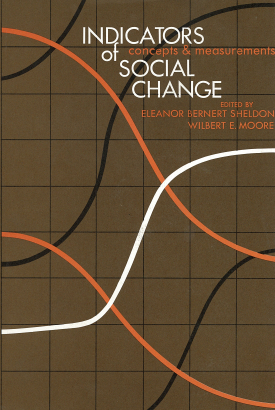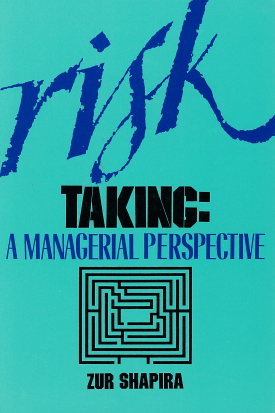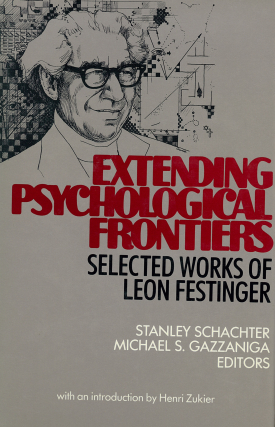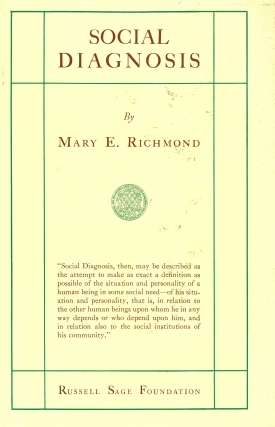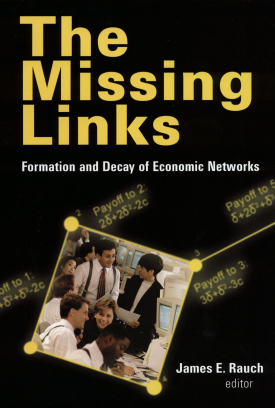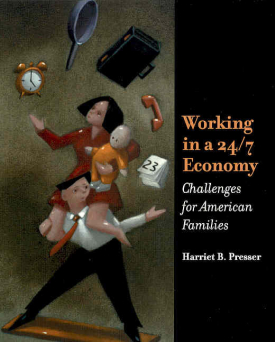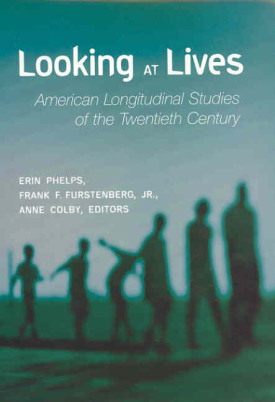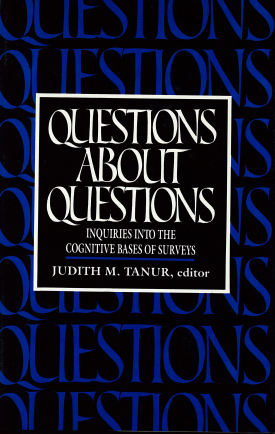
Questions About Questions
About This Book
The social survey has become an essential tool in modern society, providing crucial measurements of social change, describing social life, and guiding government policy. But the validity of surveys is fragile and depends ultimately upon the accuracy of answers to survey questions. As our dependence on surveys grows, so too have questions about the accuracy of survey responses.
Authored by a group of experts in cognitive psychology, linguistics, and survey research, Questions About Questions provides a broad review of the survey response problem. Examining the cognitive and social processes that influence the answers to questions, the book first takes up the problem of meaning and demonstrates that a respondent must share the survey researcher’s intended meaning of a question if the response is to be revealing and informative. The book then turns to an examination of memory. It provides a framework for understanding the processes that can introduce errors into retrospective reports, useful guidance on when those reports are more or less trustworthy, and investigates techniques for the improvement of such reports. Questions about the rigid standardization imposed on the survey interview receive a thorough airing as the authors show how traditional survey formats violate the usual norms of conversational behavior and potentially endanger the validity of the data collected.
Synthesizing the work of the Social Science Research Council’s Committee on Cognition and Survey Research, Questions About Questions emphasizes the reciprocal gains to be achieved when insights and techniques from the cognitive sciences and survey research are exchanged.
"these chapters provide a good sense of the range of survey problems investigated by the cognitive movement, the methods and ideas it draws upon, and the results it has yielded." —American Journal of Sociology
JUDITH M. TANUR is professor of sociology at the State University of New York at Stony Brook. She is co-chairperson of the Social Science Research Council Committee on Cognition and Survey Research.
CONTRIBUTORS: Robert P. Abelson, Herbert H. Clark, Robert T. Croyle, Robyn M. Dawes, Cathryn S. Dippo, Jack F. Dovidio, Russell H. Fazio, Judith Fiedler, Ronald P. Fisher, Nancy H. Fultz, Anthony G. Greenwald, Robert Groves, Brigitte Jordan, Mark Klinger, Jon A. Krosnik, Elizabeth F. Loftus, Elizabeth Martin, Janet L. Norwood, Robert W. Pearson, Kathryn L. Quigley, Michael Ross, Michael F. Schober, Kyle D. Smith, Lucy Suchman, Judith M. Tanur.


